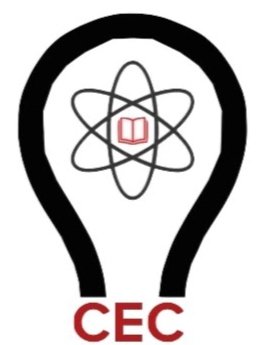By Matt Volkov
Attendees at this year’s Cornell Energy Connection (CEC) were treated to a variety of different perspectives on the state of the energy and power industries. My classmates and I agreed that it was hard not to feel excited about our futures as MBA students interested in energy. That’s because the historic transition now underway in energy and power represents a massive and interesting – a “generational,” as one speaker and Cornell alum put it – opportunity.
The emergence of cost-effective renewable energy projects was among the biggest topics discussed at CEC this year. We heard first-hand about the ways in which the deployment of solar, wind and other renewable facilities are impacting the industry from alums working at utilities, equipment manufacturers, consulting firms and renewable power developers. The diverse perspective provided by the speakers highlighted the extent to which renewables are impacting myriad aspect of the energy, power, oil and gas and related industries.
Also under discussion at CEC this year was the role that policymakers and regulators have to play in enabling our energy future. For example, one Cornell alum working at a renewable power developer suggested that state-level initiatives (such as New York's Reforming the Energy Vision program) are necessary to enable the ongoing modernization of the electric grid. I was excited to hear from our speakers about the importance of policy and politics to the future of energy.
CEC was one of my favorite Johnson events of the year. Aside from allowing my classmates and I to engage with an array of energy and power professionals, the event also allowed us to apply the principles we have learned in our core economics, finance and accounting classes to the trends shaping the energy and power sectors in the 21st century. I left the event feeling more driven to understand the forces at play in energy and power – and I’m sure I wasn’t alone in that feeling.

